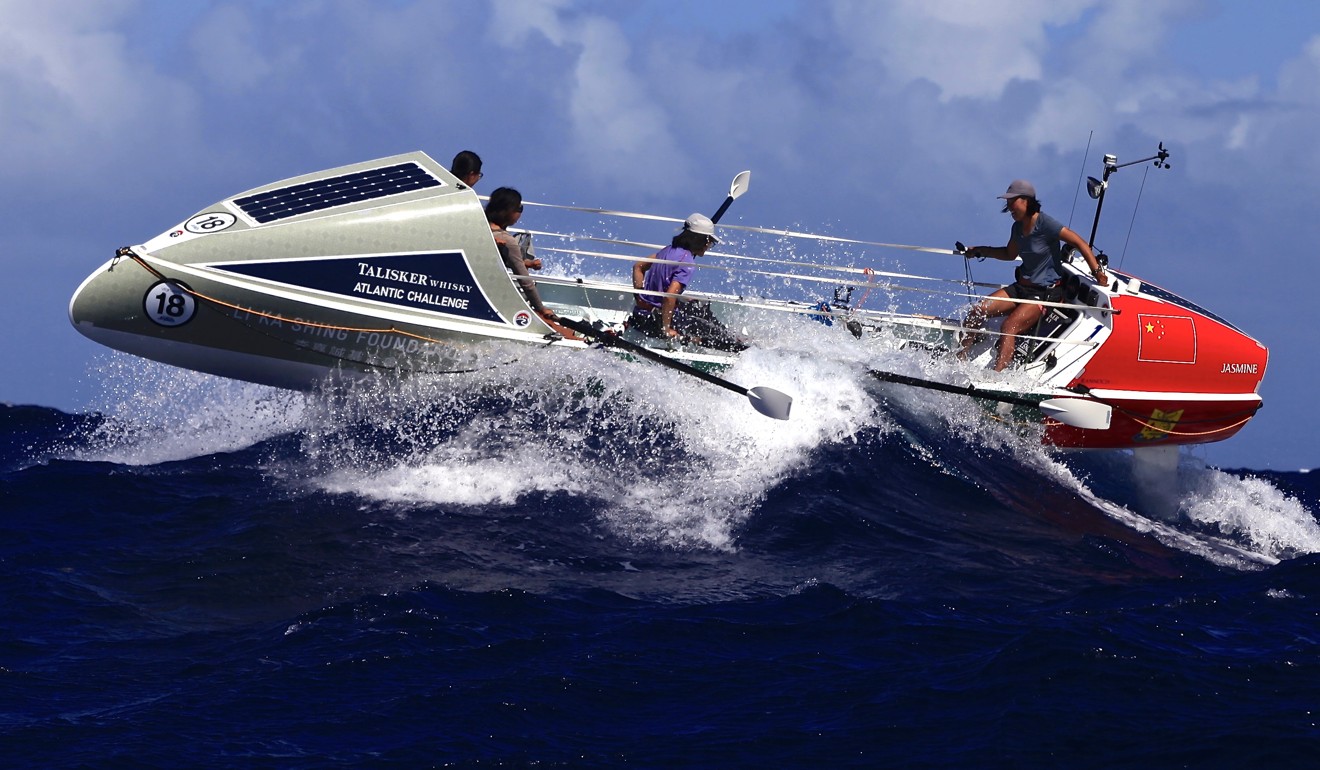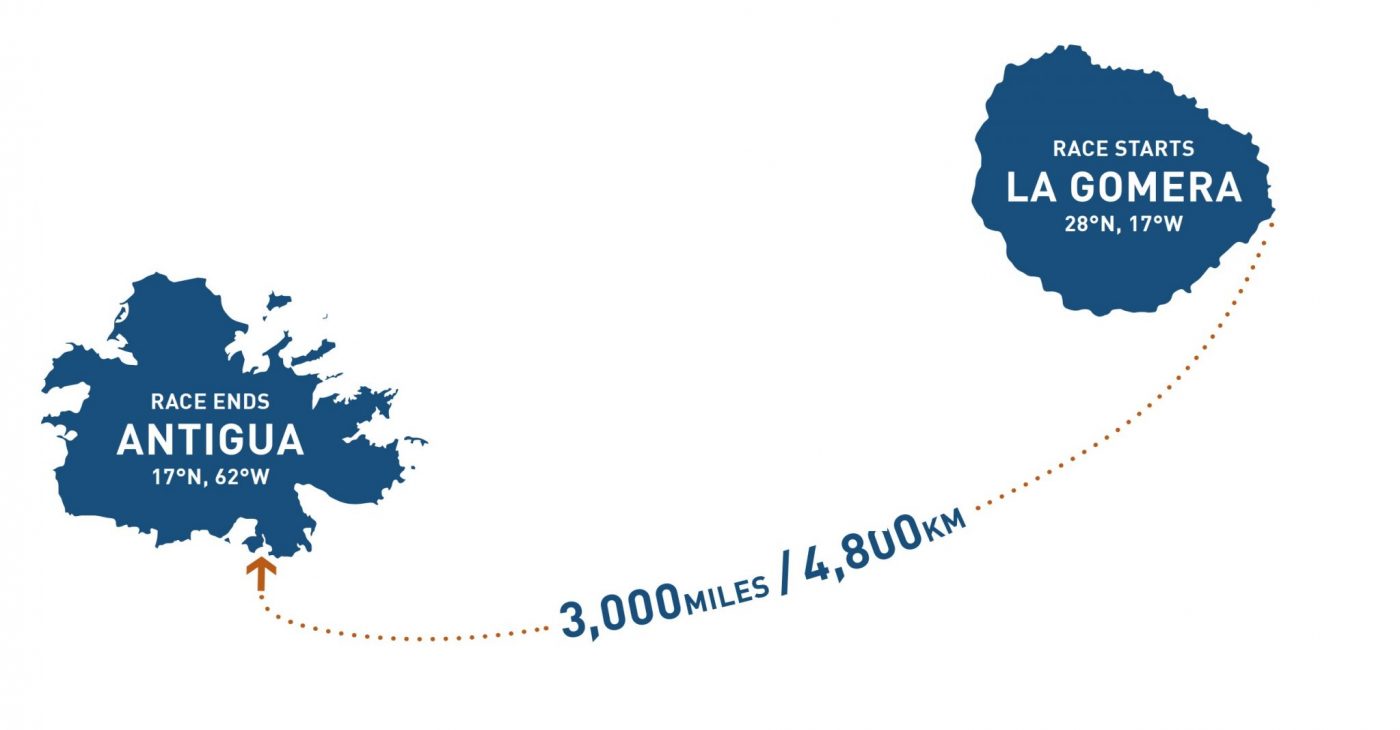The Talisker Whisky Atlantic Challenge is the world’s toughest rowing race – over 3,000 miles unaided across the Atlantic Ocean.
The Talisker Whisky Atlantic Challenge
Crossing the Atlantic is never an easy undertaking, but people have been making the journey for hundreds of years. The very first crossings were made to discover and explore new lands. Today, most crossings are made by huge cargo ships exporting essential commodities across the ocean.
But some daring people choose to cross the Atlantic to test the limit of their physical and mental strength; to achieve something unthinkable.
The idea of the Atlantic Challenge race came to Sir Chay Blyth whilst he was rowing the Atlantic Ocean in 1966 with John Ridgeway. It was a 92 day battle against hurricanes, 50 foot waves and near starvation.
It’s no surprise then that more people have been into space, or climbed Everest than have rowed the Atlantic. It takes a certain kind of person to keep going when faced with blisters, salt rash, sharks and sleep deprivation.
That’s why the Talisker Whisky Atlantic Challenge is the world’s toughest row.
THE FACT OF THE MATTER
Each team will row in excess of 1.5 million oar strokes over a race.
Rowers will row for 2 hours, and sleep for 2 hours, constantly, 24 hours a day.
More people have climbed Everest than rowed an ocean.
Over $6million has been raised for charities worldwide over the past 4 races.
At its deepest, the Atlantic Ocean is 8.5km/5.28 miles deep.
The waves the rowers will experience can measure up to 20ft high.
There are two safety yachts supporting the teams as they cross the ocean. In the 2013 race, one yacht traveled a massive 9000nm!
The 2013 winning Team Locura arrived in Antigua with a blue marlin beak pierced through the hull of the boat.
Each rower is expected to use 800 sheets of toilet paper during their crossing.
The teams are supported 24/7 by two land-based duty officers.
In the 2016 race, solo rower Daryl Farmer arrived in Antigua after 96 days, rowing without a rudder to steer with for nearly 1200miles/40 days.
Each rower needs to aim to consume 10 litres of water per day.
Rowers burn in excess of 5,000 calories per day.
There is no toilet on board – rowers use a bucket!
Each rower loses on average 12kg crossing the Atlantic!


